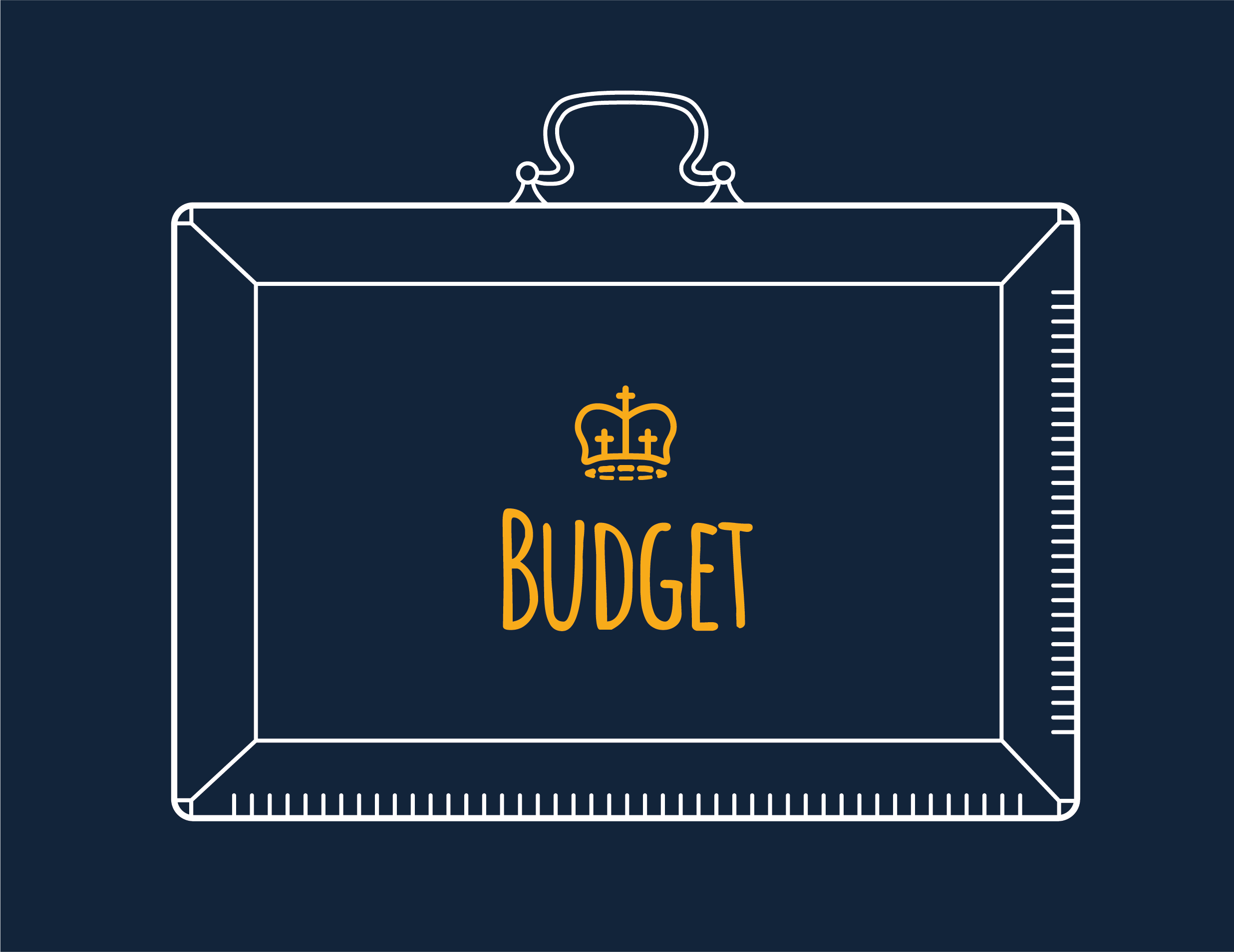
Recent research has found that many UK savers are fearful of investing in the stock market, despite savings accounts providing minimal returns. 53% of those surveyed said that they would not invest in the stock market, with 49% sharing concerns over losing their money.
The fear factor is leading savers to stick with ‘what they have always done’ in a bid to keep cash safe. Concerns about market fluctuations and potential crashes keep us from investing, with many choosing traditional saving methods to reach financial goals.
The process of investing can appear complex and many are put off by their lack of knowledge and understanding. Unfortunately, this fear could be preventing us from making more of our money.
Is saving safer?
Saving money is important; providing an emergency fund and helping you to reach short term goals.
However, money saved in a bank account is at risk from inflation over the medium and long term. This is where the interest you earn on your savings fails to keep up with the rate of inflation making your money worth less.
So, for example, if you were saving for a house deposit over several years, the buying power of your money could be reduced whilst the amount needed for a deposit is increasing. A double whammy!
History shows that the stock market tends to do better than cash over the long term. If you have some flexibility, you may consider investing your money to try and achieve a greater return on investment.
As the stock market can fluctuate, you should be prepared to invest your money for at least five years if possible, to achieve steady growth. Remember, investment comes with an element of risk and the value of your investment can go up or down.
Investing does not have to be scary or complicated. If you are new to investing, products such as an Investment ISA are a straightforward, tax-efficient way to invest and could make your money work harder for you.
Stocks and Shares ISA – The lowdown
ISA stands for ‘Individual Savings Account’. In the UK, every adult has an annual ISA allowance. You could spread this allowance across other types of ISA such as Cash, Lifetime and Help to Buy ISAs.
A Stocks and Shares ISA does not work in same way as a cash ISA, which is a cash-based savings account, where you do not pay tax on any interest. With a Stocks and Shares ISA, your money can be invested in shares in companies, government securities, property and cash. Over the medium to long-term this can result in your money growing more than if it was invested just in cash.
According to The Money Advice Service:
“A stocks and shares ISA is effectively a tax-wrapper that can be put around a wide range of different investment products. It is essentially how different investments held within the ISA are treated for tax purposes. Any investment growth earned within the ISA is free of tax.”
How do I invest in a Stocks and Shares ISA?
One of the best ways to invest in a Stocks and Shares ISA is to identify a financial services company that you trust. This could be an insurance company, a Bank, a Friendly Society or a Building Society. If you do an internet search this will identify many providers for you, as will researching the financial sections of many of the national newspapers.
When you have found an ISA provider that you feel is right for you, you can apply to open an ISA either online or by telephone.
Your provider will be able to give you all the information you need to make an informed choice. If you are having trouble filling out your application or want to find out how to manage your ISA going forward, most providers will be happy to help.
If you don’t feel comfortable about the decision you are making, you can seek independent financial advice. However, you should bear in mind that you may be asked to pay a fee to receive financial advice.
Is a Stocks and Shares ISA right for me?
If you are ready to ditch your fear of investment risks and dip your toe into the investment world, a Stocks and Shares ISA could be a good place to start. Before you do, consider the following:
• Access to your money – you need to be prepared to invest your money for a minimum of five years to allow for growth and return on investment.
• ISA allowance – if you don’t use up your annual ISA allowance for the current tax year (currently £20,000), then you will be unable to roll-over any unused allowance to the next tax year.
• Risk factors – be aware that all investments come with an element of risk. Make sure that you read Terms and Conditions and Key Information Documents carefully. If you cash in your ISA in its early years or when the stock market has just suffered a fall, you may lose some of your money.


